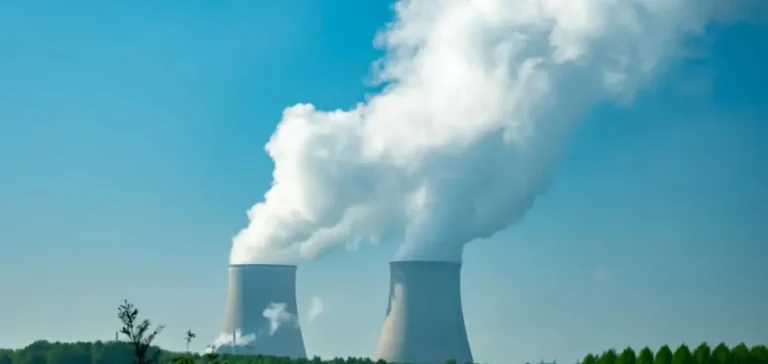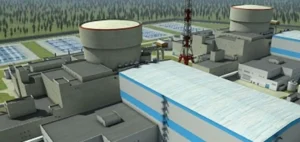The American energy company Vistra Corp has received official authorization from the Nuclear Regulatory Commission (NRC) to extend operations at the Perry nuclear plant, located in the state of Ohio, United States. Initially commissioned in 1986, the plant has an installed capacity of 1,268 megawatts (MW) and had been operating under an initial 40-year license.
Final validation of nuclear fleet
This extension granted by the NRC will extend Perry’s operational period until 2046, an additional 20 years beyond its initial permit. Vistra submitted the license renewal request to the NRC in 2023. The Perry facility is the last nuclear unit of the company to receive an extension, meaning all six nuclear reactors operated by Vistra are now licensed for a total operational lifespan of 60 years.
The other reactors that have received extensions are spread across various locations in the United States. Beaver Valley, in Pennsylvania, has two units authorized respectively until 2036 and 2047. Davis-Besse nuclear plant, also situated in Ohio, holds a valid license through 2037. Finally, the two units at Comanche Peak nuclear plant, located in Texas, have extended licenses through 2050 for the first unit and 2053 for the second.
Economic and regional stakes
According to Jim Burke, President and CEO of Vistra Corp, quoted in the company’s official press release, this extension ensures the state of Ohio maintains stable electricity production, critical for regional economic activity and job support. He noted that nuclear power remains a cornerstone for maintaining stability and reliability of local and regional electricity grids.
Ken Peters, Chief Nuclear Officer (CNO) of Vistra, highlighted that this approval results from a rigorous process, reflecting the robustness of the facility, established safety culture, and professionalism of the personnel involved in daily operations at the Perry plant. The plant provides a significant portion of electricity supply to the regional market managed by PJM Interconnection LLC (PJM), the electricity transmission network operator for the region.
National energy context
In the United States, extending operational licenses for existing nuclear plants has become common, allowing operators to further amortize initial investments and maintain low-carbon energy generation capacities. In this context, the Perry extension aligns with a broader trend within the American energy industry aiming to optimize existing facilities rather than massively developing new infrastructures.






















